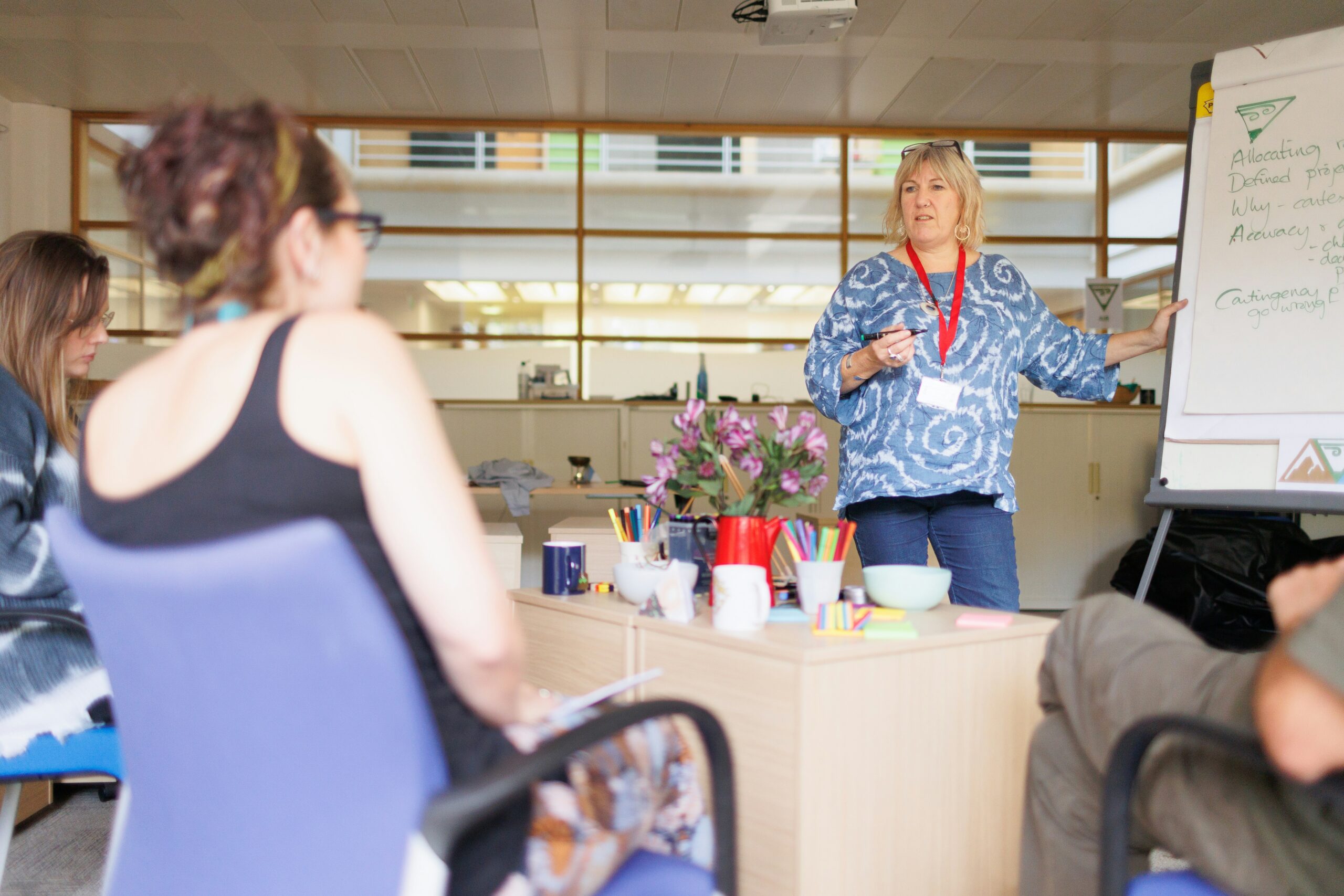As more and more businesses bring staff back to the office and businesses continue to recruit new team members into their organisations, the challenge to build a leadership culture that lasts involving new and younger people is ever present and something that needs to be addressed with care and compassion. This involves investing in the next generation, especially as Gen Z and younger millennials begin to rise through the ranks. For many of them, stepping into leadership for the first time is both exciting and confronting.
They are smart, purpose driven and tech fluent, but they are also navigating a post COVID workforce, fast changing expectations and a world that often tells them they are not ready. I do not buy that; they are ready if we lead them the right way. The key is to ensure businesses have well developed and comprehensive systems in place to support and nurture young leaders to help them to step up with confidence and impact.
Start with trust, not tests
Too many workplaces treat emerging leaders like they are in constant probation. They are expected to prove themselves before they are given trust, authority or even feedback that matters. That approach delays growth and breeds insecurity.
Young leaders do not want to be micromanaged but they do want direction, structure and meaningful feedback. The best way to fast track their development is to hand them real responsibility early, let them make some decisions and coach them through the results.
Ideally, they should be provided with a support team of people including peers, mentors and organisational leaders to help them across all aspects of their role and career within the business. These are people who understand that their role is to be available as support and guidance on an informal basis as required.
You can call it a mentoring team of handpicked people who are always available to support new leaders.
Give them a voice and a seat at the table
Nothing empowers a young leader faster than being heard. I have seen incredible ideas come from our twenty something team members, not because they had a title, but because they had the floor. We do not wait for age or tenure to validate input. If you have got something to say and the initiative to lead, we will back you.
Gen Z and millennials want to feel like they matter. Not in a superficial way, but in a way that shows their work has real world consequence. If they speak up, show up and bring ideas, it is our job to listen.
Therefore it is critical to ensure that they are given the opportunity to contribute at meetings and other organisational gatherings whether they be informal get-togethers or larger more formal townhalls.
Model it, do not just message it
The best way to train leaders is to show them what leadership looks like, especially when things get hard. That means being in the trenches with your people, not managing from a distance. It is imperative for leaders across the business to demonstrate leadership by not only being visible and vocal, but by being involved as well. You do not earn respect through slideshows and slogans. You earn it by turning up, doing the work and showing your team what accountability looks like.
Young leaders are watching everything. If we cut corners, avoid conflict or talk a big game and act small, we teach them to do the same. If we own our mistakes, handle pressure and treat people with respect, they learn from that too.
Leaders should spend time with their team doing the work with their people. This is the only way to fully understand how things are really going across the business. Leading from atop or afar is not leading, it is overseeing.
Coach the human, not just the employee
Leadership is never just about KPIs or outcomes, it is about the person behind the role. Gen Z and millennials value wellbeing, flexibility and purpose, not because they are soft, but because they have seen burnout and disengagement up close.
If you want to develop strong leaders, you have to support the human being as well as the job description. That means understanding what drives them, checking in regularly and being someone they can trust, not just report to.
Leadership must be authentic and real. Therefore conversations should be undertaken in places where everyone feels comfortable and secure. Sitting across from the manager at a big table or desk to have a chat is not comfortable and nor is it uplifting.
Don’t rely on digital methods to manage and develop young leaders. Gen Z and millennials were born with devices in their hand. Leadership is developed through in person interactions. Human behaviour needs to be developed by building relationships, taking cues from physical behaviour and learning to understand tone and volume. In person leadership development is essential for growth.
Final thought
Leadership does not start when someone turns forty or ticks every box. It starts the moment you invest in someone’s potential and give them the tools, the support and the space to grow.
We do not just need managers, we need leaders who are willing to be real, who know how to build trust and who can shape people, not just policies. Gen Z and millennials are ready to lead. Our job is to make sure they get the opportunity and the example they deserve.







